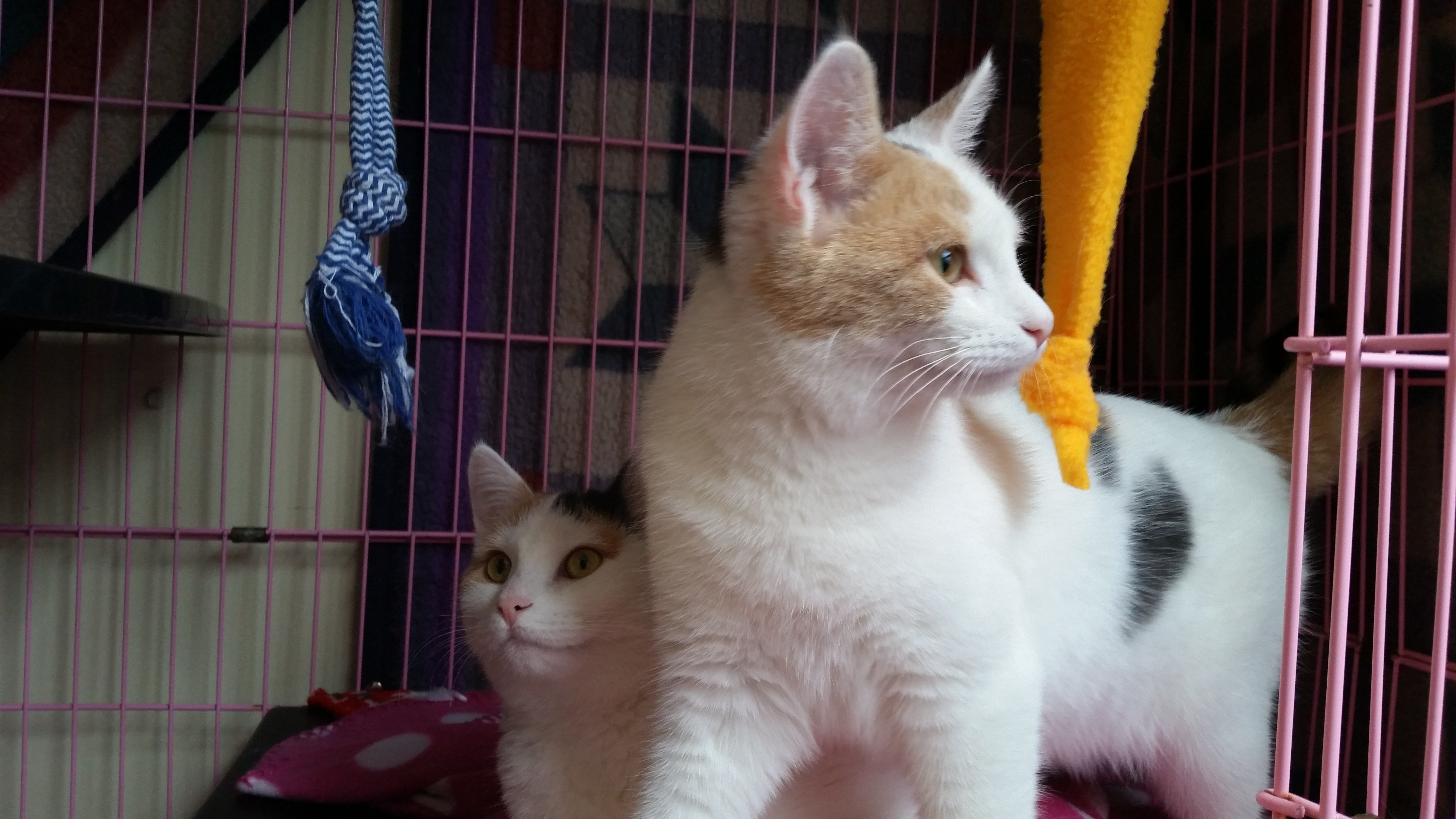“Oh,” he said he remembers saying. “This really isn’t a good place to be.”
The First Nights
“We went to the reception center at Bien Hoa,” Rod said. “All they had was tents and they didn’t have sandbag walls on the outsides of these tents or anything. They were still working on that. But they had double-decker bunks.” He began to try to settle in for the night and make the best with what he had. “That night,” he said, “they had blown up the ammo dump down the road and that concussion had just about thrown me off the bunk onto the ground.”
“We didn’t know what the hell to do,” Rod explained. “We didn’t have bunkers, we didn’t have holes, we didn’t have any place to get into. So we just kind of stayed low because there was sort of a sand wall.” The concussion of the blast was startling enough, but the weary feelings regarding the unknown felt worse. “They weren’t right around us per se,” he said. “But we didn’t— it was the unknown. I had no weapon, no ammunition. All we had was, ‘Holy shit, where the hell are we?’”
“Anyways, I got through it,” he said, shrugging. “The next day, I was able to get a hold of the unit I was going to. I called them up and said listen here, they blew this place up the other night, I don’t have a gun, I got nothing. You guys got to come down here and get me or I’m going to grab a plane and go home.” Rod said he was not joking. “They came down that afternoon,” he said, “on the third day, with the chopper, and picked me and two other guys up and took us to the fire base.”
His Darkest Day
“Our base camp,” Rod said, “Blackhorse base camp was named Blackhorse base camp because of the 11th Armored Calvary Regiment. The 11th Armored Calve is known as the Blackhorse Regiment. My unit, the 27th Engineers, helped build that base camp. At some point in there, after I had been in there for a little bit, Colonel Patton, the regimental commander for the 11th Armored Calve…. Colonel Patton was also the son of General Patton, World War II history. But he was regimental commander and he decided that we were going to start pulling a lot more ambush patrols around base.” Rod shifted in his chair. “My unit was going to be one of the ones participating,” he said, dully. “I took out the first ambush patrol for the battalion and trained. Then we started pulling pretty regular ambush patrols.”
Rod was 20 years old by the time he was moved from that company to another, continuing to lead ambush patrols. Ambush patrols were a disruption tactic used by American soldiers with the objective to find the enemy and prevent them from attacking first. “I was with a company that had a young guy that kept asking me about going on patrols,” he said. “He wanted to go on patrols. He was 17 years old. I kept denying, turning it down.”



